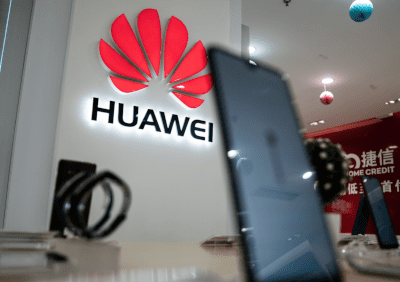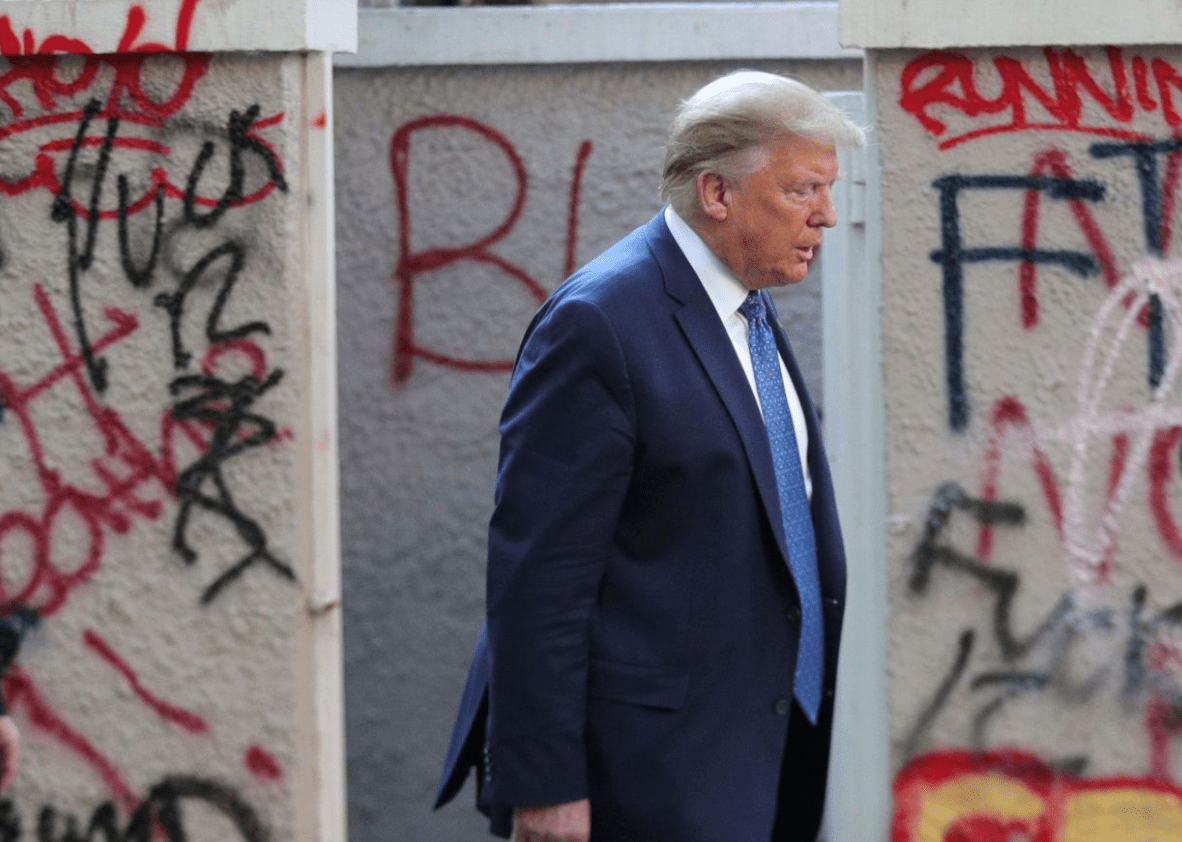Bell Canada announced on Tuesday that its 5G network partner would be Swedish telecommunications giant Ericsson.
While some people will shrug with indifference at this news, they really shouldn't. Bell just turned down (or snubbed, if you wish) a significant financial partnership with China's Huawei Technologies, a larger, more influential organization in the telecommunications industry.
It's also a clear indication the frosty Canada-China relationship of late has just entered a period of significant deep freeze.
To be sure, Canada has had some mitigating issues with Huawei for several years. This is related to the extradition hearings involving Meng Wanzhou, deputy chairwoman of the board and chief financial officer of the South China-based telecommunication giant.
Her company is one of the world's largest 5G network providers. Huawei employs over 194,000 people, and reported revenues of $121.72 billion in 2019. It's been the biggest telecommunications equipment manufacturer internationally since 2012 leapfrogging Ericsson, as it happens and overtook Apple in 2018 to become the second-largest manufacturer of smartphones behind Samsung.
Nevertheless, long-standing concerns among North American-based surveillance and intelligence agencies have existed about Huawei due to its historically close ties with China's Communist government. Its advanced technology could potentially be used to spy Canadian and U.S. companies through their employees's hand-held devices, and none would be the wiser.
That's something Washington wasn't going to stand for, and understandably so.
U.S. President Donald Trump's Aug. 13, 2018 defence spending bill included a provision that banned the purchase of equipment from several Chinese-based companies, including Huawei. The U.S. Commerce Department added Huawei to the nation's entity list, or trade blacklist, where it has remained ever since.
Tensions further escalated when Meng was arrested by the RCMP in Vancouver on Dec. 1, 2018. This was done at the request of U.S. authorities for her alleged role in violating trade sanctions against Iran, along with charges of "conspiracy to defraud multiple international institutions." Then-U.S. Homeland Security Secretary Kirstjen Nielsen later included charges of bank and wire fraud, and conspiracies to commit same.
Meng was released on $10 million bail to her Vancouver residence. She then moved into a larger gated family home, where she could travel freely in the city (other than the airport). She reportedly wears a GPS ankle bracelet, has 24 hour, in-person security monitoring daily, and follows an 11 pm curfew.
Meanwhile, two Canadians Michael Spavor, a businessman who previously worked in North Korea, and Michael Kovrig, a former diplomat were both arrested in China shortly after Meng was detained. They were charged with endangering state security by Communist officials, and are detained in death camps.
The two Michaels, as they're often called in Canada, have fiercely maintained their innocence. Their fate is likely tied to Meng's fate.
Several prominent ex-Liberals, including former Foreign Affairs Minister John McCallum, former Finance Minister John Manley and former Prime Minister Jean Chretien's chief of staff Eddie Goldenberg, have attempted to intervene. In particular, Manley and Goldenberg have separately suggested the idea of a prisoner exchange between Meng and the two Michaels to resolve this matter.
To Prime Minister Justin Trudeau's credit, he hasn't wavered in his position to honour the U.S. request for extradition. "We are a country of the rule of law and we will abide by the rule of law," he told the media in mid-January. Deputy Prime Minister Chrystia Freeland echoed this sentiment, "Our government has been clear that we are a rule of law country and that we honour our extradition treaty commitments. That is what we need to do and that is what we will do."
Nothing changed during Meng's application to dismiss her extradition hearing, either.
Her counsel attempted to argue that under the guise of double criminality, succinctly defined by York University law professor Sharon A. Williams in a 1991 Nova Law Review paper as being "based upon a reciprocal characterization of the offenses and a type of mutuality of obligations between states," her case could not be properly tried. The B.C. Supreme Court ruled against this on May 27, with Justice Heather Holmes directly stating double criminality "is capable of being met in this case."
Canadian businesses have likely followed this matter with great interest. When you combine Meng's extradition hearing with the two Michaels's terrible ordeal, dealing with China isn't terribly desirable. When you throw in other contentious issues, including China's questionable history and statistics with respect to the coronavirus pandemic and the repression of Hong Kong, it's even less so.
This may help explain why Bell chose Ericsson over Huawei. If so, good for them.
Photo Credit: Yahoo News









